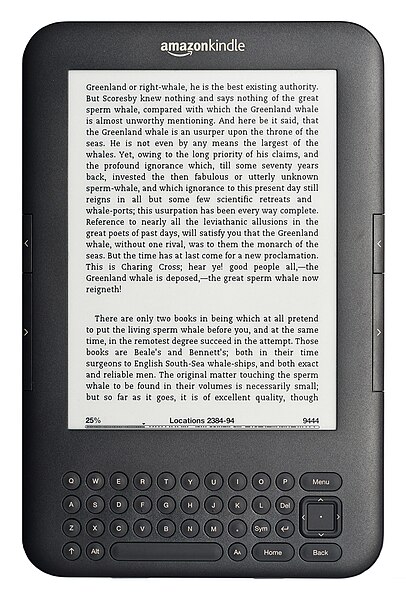
I have to assume that Lise McClendon, author of Nordic Nights, must be of Norwegian ancestry, partly because “Lise” is the Norwegian way to spell the name, and partly because her wry depictions of Norwegian-American (and genuine Norwegian) characters in this pleasant mystery novel are spot on.
It would be ridiculous to make plagiarism accusations, but I thought the parallels to my own novel (in a different genre), Wolf Time, were remarkable. As in my book, the home town (Jackson Hole, Wyoming here) is visited by a prominent Norwegian cultural figure (here a painter named Glasius Dokken), and the action comes to revolve around the discovery of a rune stone related to the Kensington Rune Stone of Minnesota.
But here the hero is Alix Thorssen, Jackson Hole art gallery owner. She has agreed to help organize the titular Nordic Nights festival, a civic winter celebration. Her own gallery will be the site for the display of an epic set of murals on Viking themes, painted by Dokken. But the first night of the festival, Dokken is murdered in a hotel room (not his own), and Alix’s stepfather is accused of killing him. Alix’s own suspicions lean toward a mysterious fortuneteller from Minnesota who claims to read mystic meanings in runes.
In my experience, mysteries written by women tend to be rather different from mysteries written by men, and I generally avoid the former. I picked this one up because of its Scandinavian themes, and I thought it was both well done and accurate in its research in things Scandinavian (even things Viking). Scandinavian reserve as a character trait is a constant, serio-comic theme. Still, it read like a women’s book to me (I was frequently disturbed by Alix’s disregard for her own safety), so I mainly recommend it for female readers.
Mild cautions for language and sexual situation apply, but most readers (especially female readers) will find a lot to enjoy in Nordic Nights.


